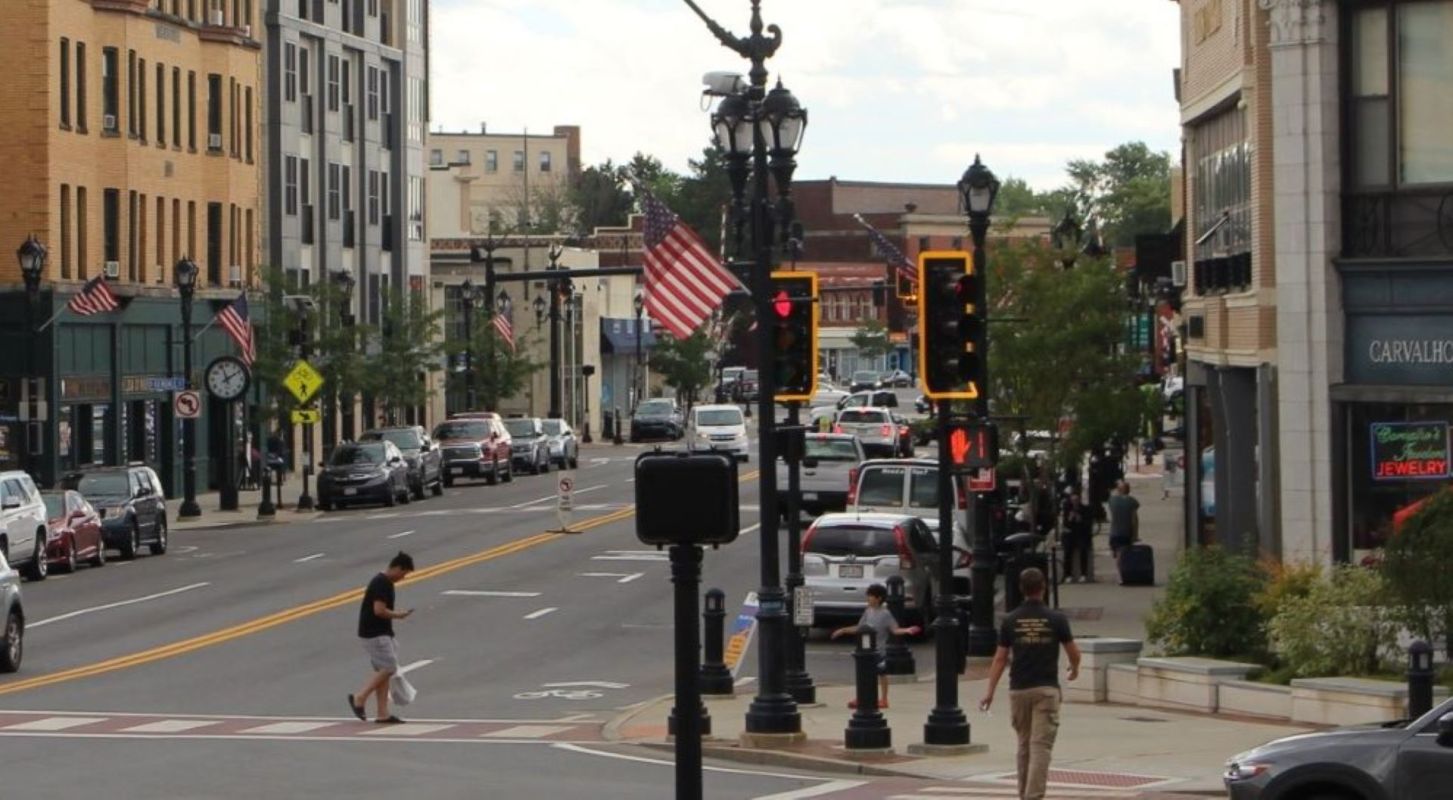A neighborhood in a city outside of Boston started making headlines in 2023 for being one of the first to make a comprehensive transition to geothermal energy.
Local gas utility Eversource has started connecting more than 40 buildings in Framingham, Massachusetts — including low-income apartments, homes, small businesses, and a fire station — into a network with zero-emission, ground-source heat pumps, Fast Company reported. This makes the utility the first in the United States to undergo such a project on a neighborhood scale.
The pilot project resulted from the Home Energy Efficiency Team, a nonprofit that initially worked with Eversource to decrease methane emissions from gas leaks. The focus gradually shifted to solutions providing affordable heating for communities — without releasing any planet-warming pollution.
The infrastructure for this project involves a "looping pipe system" reaching hundreds of feet below street level. During the winter, the relatively warm temperature underground provides heat that the system transports up to the attached structures. In the summer, heat is transferred from the structures back into the ground, and this acts as an air-conditioning system.
The system is powered via grid electricity, which is expected to transition to more renewable sources in the coming years.
Although the project is expected to cost close to $14.7 million, homeowners have a lot of financial cushion in opting into the project. For a single home, geothermal energy might usually cost upward of $40,000. However, the community scale and the utility's payment of up-front installation costs will diminish and spread the cost that community members have to pay to access this technology. Eversource is paying setup costs and fronting the costs for the main infrastructure, and almost every eligible resident reportedly signed up, per Fast Company.
Over the next two years, Eversource will assess the energy-saving capacity of this project as well as the resulting change in emissions. It might also indicate if a similar program would be worthwhile in other places across the country.
"We have a goal in Massachusetts of 1 million buildings electrified by 2030. We are not even close," Zeyneb Magavi, co-executive director of HEET, told Fast Company. "And this is a way to dramatically increase the speed and scale, and make it so that everybody has access to the clean energy future and health and affordability benefits."
Join our free newsletter for cool news and actionable info that makes it easy to help yourself while helping the planet.









